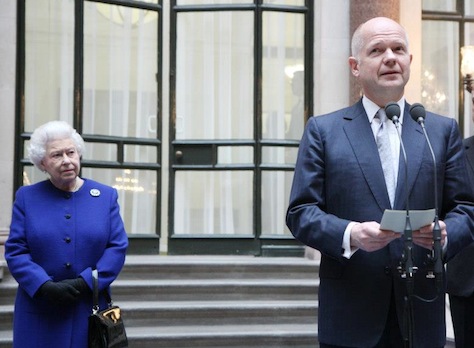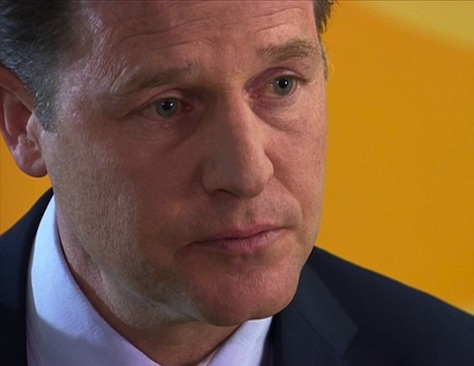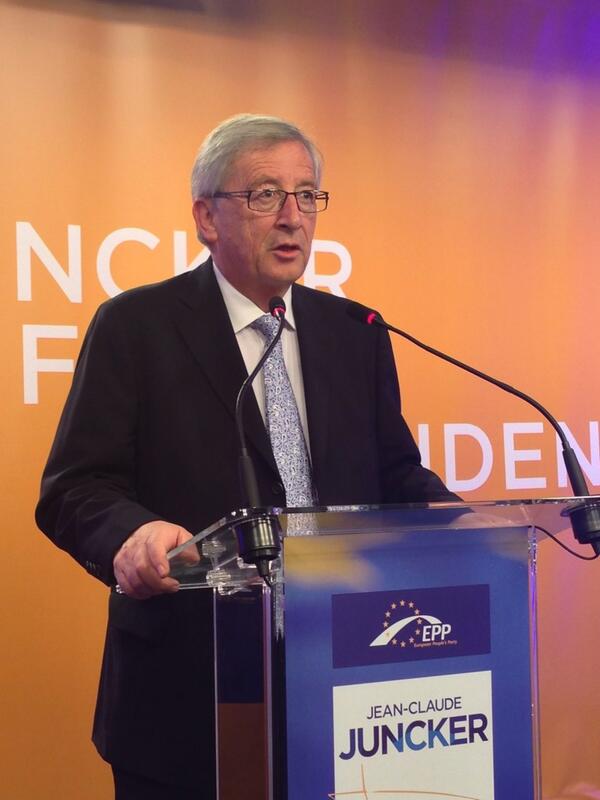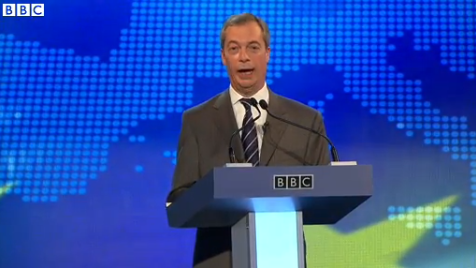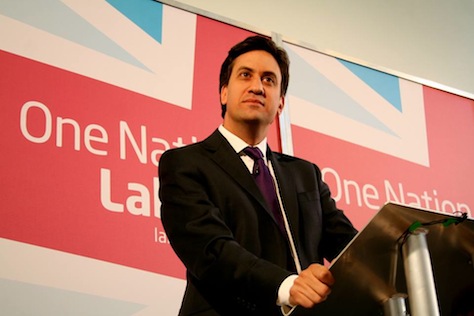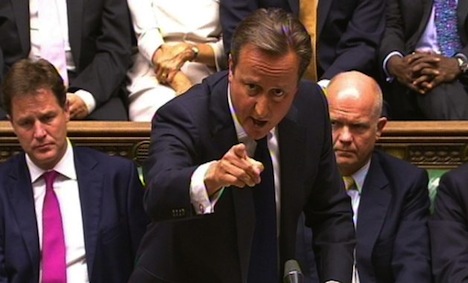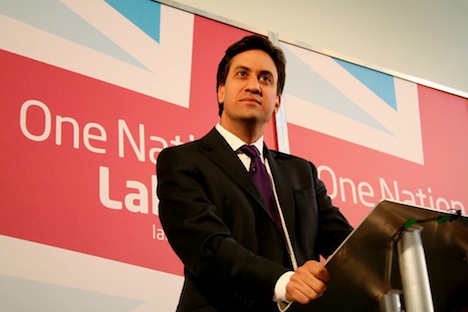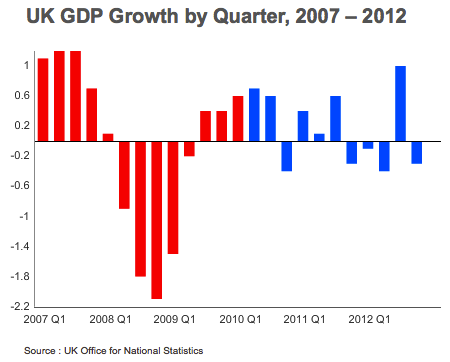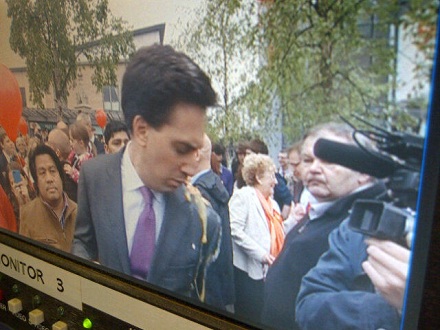It wasn’t a surprise that British prime minister David Cameron sacked Kenneth Clarke, the one-time self-proclaimed ‘big beast’ of the Conservative Party from government. ![]()
At age 74, the pro-Europe former chancellor, who began his ministerial career in Edward Heath’s government of the early 1970s, had already been demoted once from justice secretary, his progressive ideas for penal reform and lighter sentencing guidelines thwarted by the Tory right two years ago.
But it was something of a surprise that Cameron sacked so many other high-profile members of his cabinet last night.
Foreign secretary William Hague (pictured above with Queen Elizabeth II), one of the most high-profile Tories inside or outside government will now become the Commons leader. Hague, once a strident eurosceptic, was elected leader of the Conservative Party in the aftermath of Tony Blair’s massive victory in 1997. He stepped down in 2001 after his failed campaign to return the Tories to power. Though just 53 years old, Hague also announced he would also leave office at the 2015 elections, cutting short what’s been a solid career, if not one that might have elevated Hague to the premiership under different conditions.
His replacement is defence secretary Philip Hammond, another Conservative firebrand, who has ably worked with chancellor George Osborne to reign in spending while the United Kingdom has reduced its role in the US-led occupation in Afghanistan. Hammond, who served as Osborne’s deputy in opposition, comes from the right wing of the party, however, having opposed Cameron’s push to legalize same-sex marriage last year. He’s not known as a particularly charismatic figure, and he’ll have a hard time shaking the notion that he’s No. 11’s man at the foreign office.
Having argued that the United Kingdom should leave the European Union without significant, additional British carve-outs, Hammond will now be tasked with salvaging the UK-EU relationship.
But the knives went longer and deeper still — David Willetts, the minister for universities and science, nicknamed ‘Two Brains’ and deemed one of the cabinet’s most thoughtful members; David Gove, the combatively conservative and stridently eurosceptic education minister; Dominic Grieve, the attorney general; Owen Patterson, the environmental secretary.
The semi-official word is that Cameron’s reshuffle represents an effort to put his cabinet and his government on footing to wage next May’s general elections, with a particular focus on elevating the number of women and younger Tories to higher positions.
To borrow a phrase from former US president Bill Clinton, a ‘cabinet that looks like Britain.’
Continue reading What to make of Cameron’s night of the long knives
